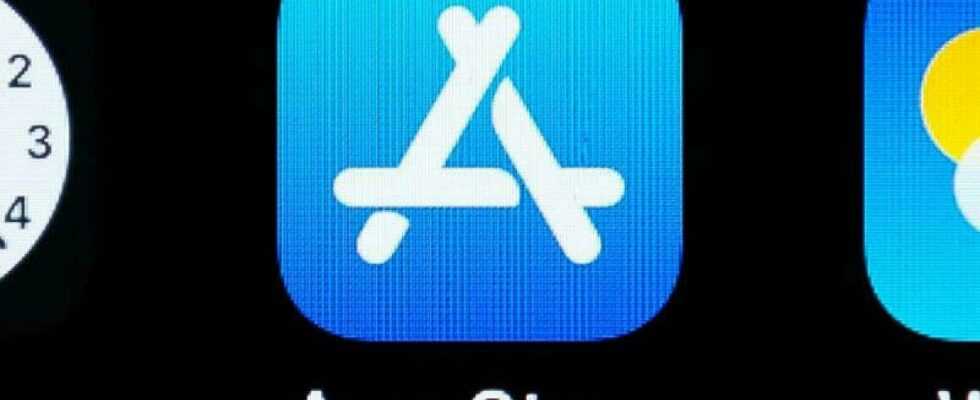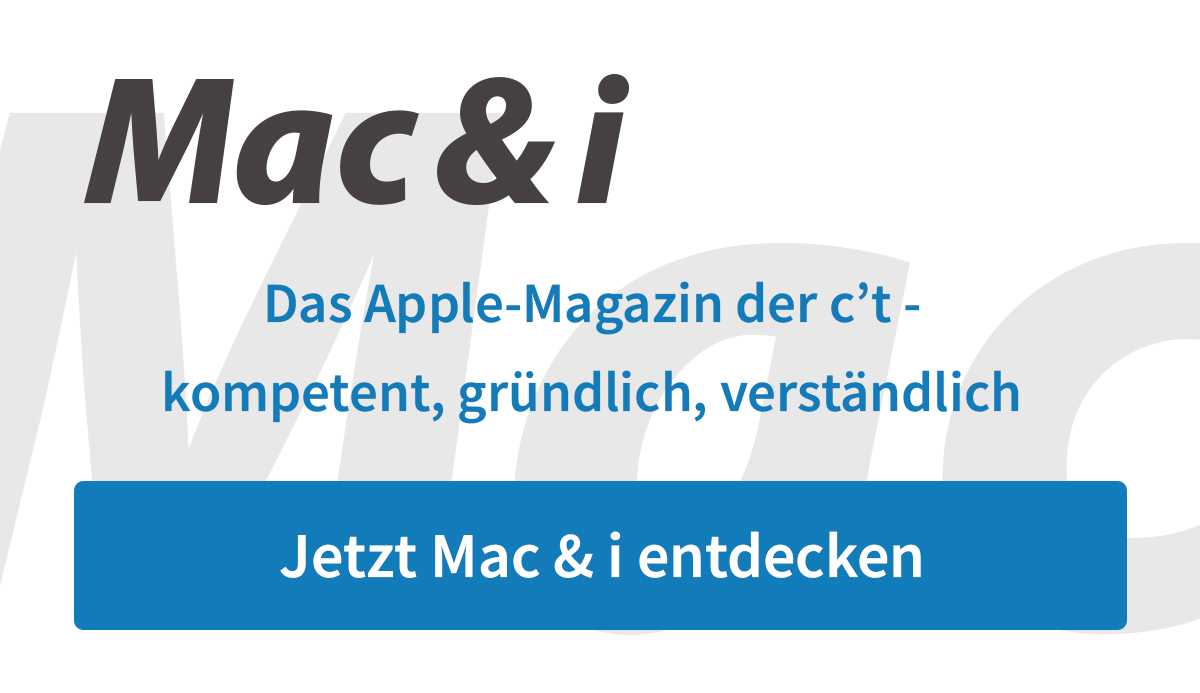Apple has surprisingly introduced a new way to deploy iOS apps. Developers and app providers can now sell their iPhone and iPad software as an “unlisted app” in the App Store. Although the programs are still publicly available, they are hidden in the App Store: They should not be found using the search function, nor should they appear in other app store listings such as categories, charts or recommendations, as Apple announced.
Unlisted apps only available via direct link
Users can only call up such apps marked as “unlisted” via their direct link in the App Store and then download them. Since the apps are still publicly accessible when the link is known, Apple recommends – if necessary – integrating a mechanism in the app to prevent “unauthorized use”.
The classification as an “unlisted app” must be requested from Apple in each case; apps distributed in this way will continue to be checked by the group before approval. Apps that are already distributed normally via the App Store can also be “delisted” – but keep their previous URL, notes Apple. Access to the unlisted apps is also available through organizational management tools Apple Business Manager and Apple School Manager. The unlisted apps are not intended to sell beta versions, Apple emphasizes, and will reject such requests.
Misuse of Enterprise Certificates
Apple sees apps for certain companies, specific events or for conducting scientific studies as “good candidates” for the new sales opportunity. The provision of apps for a “restricted group of users” such as part-time employees or business partners should also be simplified in this way – as well as the installation of apps on employees’ private Apple devices (BYOD).
Apple is making the App Store – which continues to be the central and only way to universally deliver iOS apps – more flexible with the new distribution method. At the same time, the “unlisted apps” also appear to be taking on functions for which Apple has previously issued enterprise certificates to companies. These certificates are the only way to enable a relatively simple direct installation of iOS apps bypassing the App Store and are therefore often misused. Whether Apple is planning restrictions here remains open for the time being.

(lbe)

